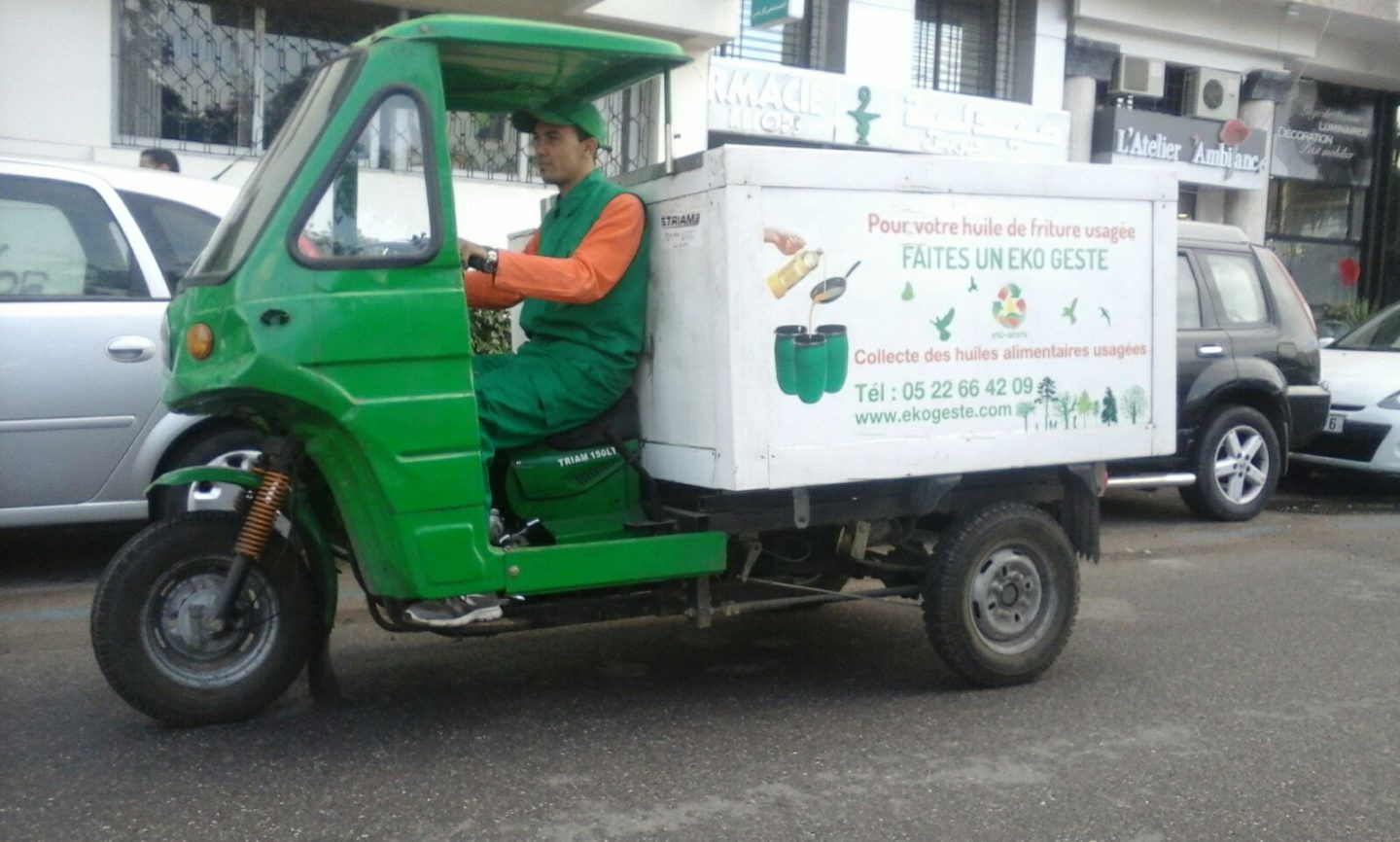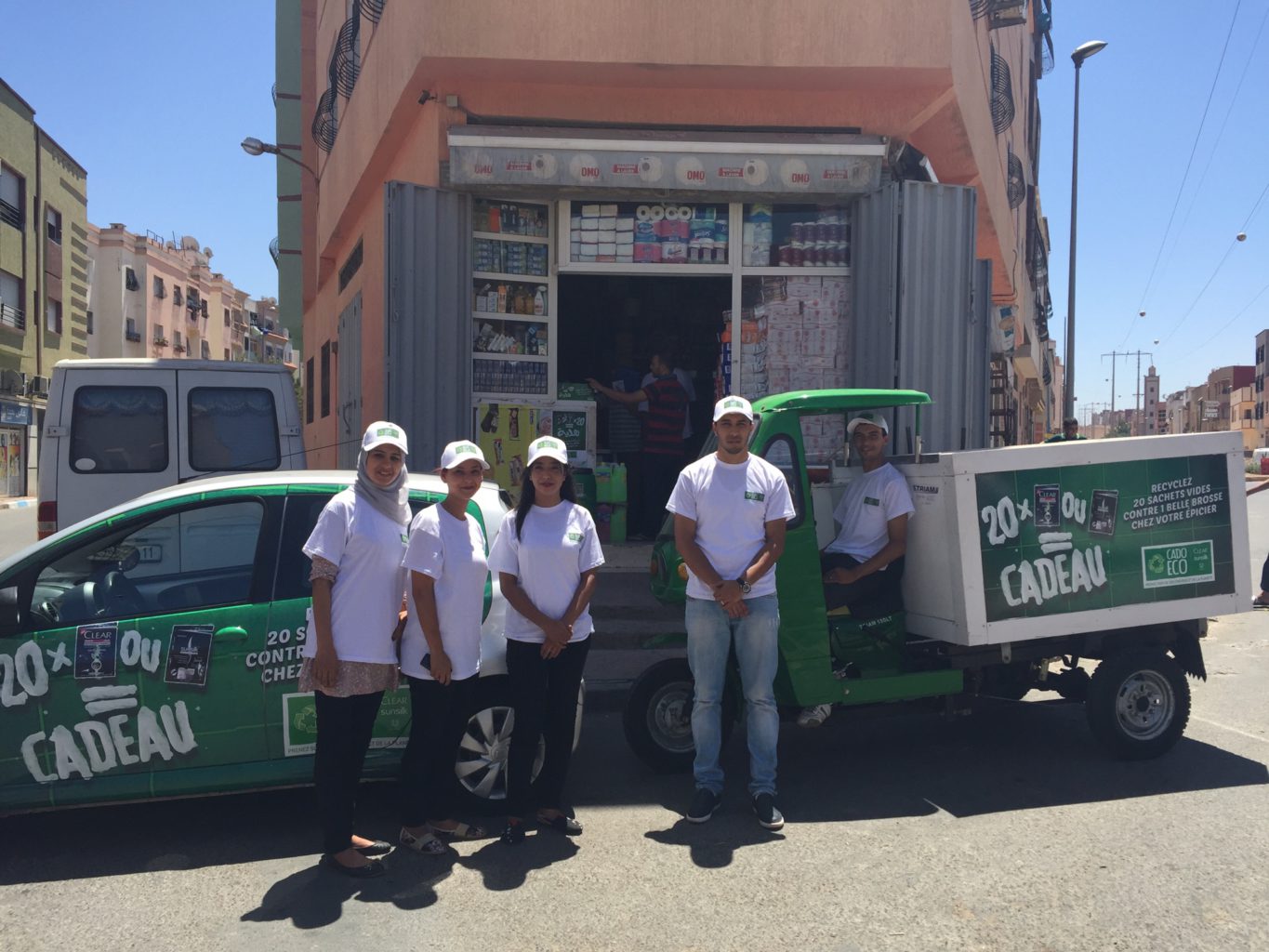Take recent news reports: a build-up of used oil recently wreaked havoc with London’s sewage network when a huge congealed glob was found during a routine inspection. As The Guardian reports, the mass weighed an estimated 130 tons. Experts say the situation could have been avoided altogether had people properly disposed of their used oil.
According to Youssef Chaqor, the improper disposal of used oil in Morocco could do similar damage. Chaqor is the Founder and General Manager of Kilimanjaro Environment, a company formed to save the value of used oil from going down the drain. The business offers hotels and restaurants across Morocco the opportunity to have their used oil collected and repurposed as second-generation biofuel.
Similar to many countries in the MENA region, Morocco does not regulate the disposal of used cooking oil. As well as potentially causing scenarios similar to the one faced in London, the situation in Morocco could be more environmentally devastating. In communities without proper wastewater treatment facilities, used oil is often destined directly for the sea.








